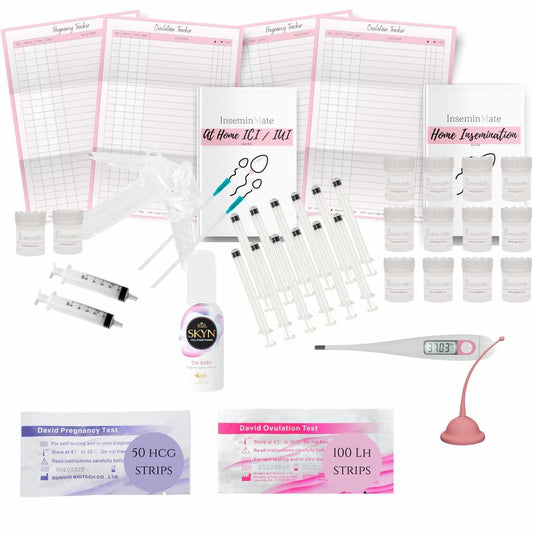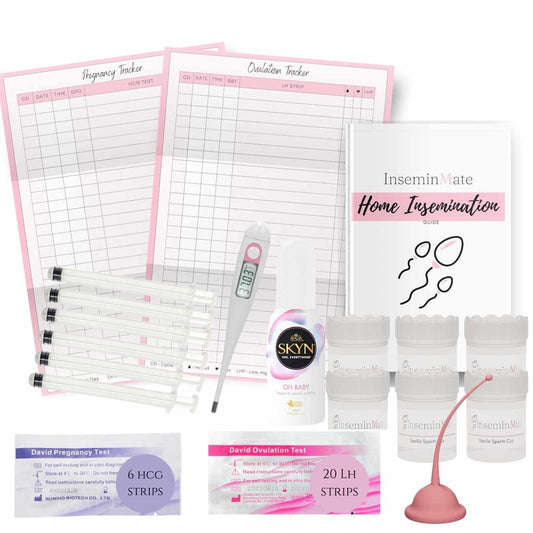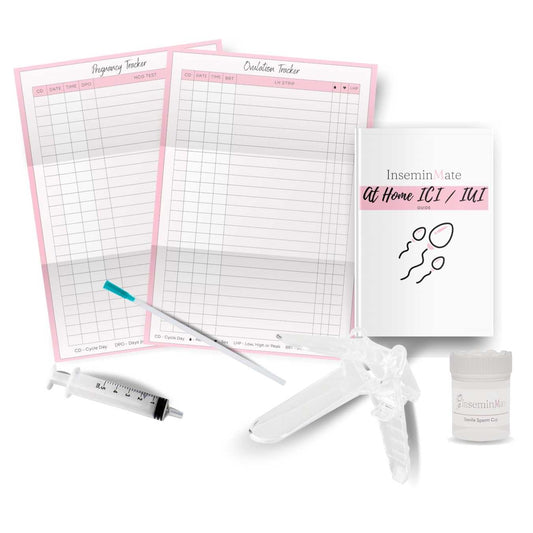Congratulations on making it to 38 weeks of pregnancy! At this point, you're probably feeling ready to meet your little one, but there's still a little more time to go. Here are some common symptoms you may be experiencing at 38 weeks pregnant, as well as what you can expect in the coming weeks.
-
Braxton Hicks Contractions: You may have been experiencing Braxton Hicks contractions for a while now, but as your due date approaches, they may become more frequent and intense. These "practice" contractions can help prepare your body for labor, but they shouldn't be too painful or regular. If you experience contractions that are getting stronger, closer together, or accompanied by other symptoms like vaginal bleeding or back pain, it's time to contact your healthcare provider.
-
Pelvic Pressure: As your baby continues to grow and prepare for birth, you may feel more pressure in your pelvic area. This is a normal part of pregnancy, but it can be uncomfortable. Try changing positions often, using a pregnancy support belt, or doing pelvic exercises like squats to relieve some of the pressure.
-
Difficulty Sleeping: Finding a comfortable sleeping position can be challenging at this stage of pregnancy, especially if you're experiencing pelvic pressure or back pain. Try sleeping on your side with a pillow between your knees for added support, or prop yourself up with pillows if you're dealing with heartburn or shortness of breath.
-
Fatigue: It's normal to feel tired at this stage of pregnancy, especially as you're carrying around extra weight and dealing with discomfort. Try to rest as much as possible and listen to your body when you need to take a break.
-
Nesting Instinct: Many women experience a surge of energy and a strong desire to organize and prepare for their baby's arrival around this time. This is known as the nesting instinct and can be a helpful way to channel your energy and focus on getting ready for your baby.
As you approach your due date, it's important to continue monitoring your symptoms and checking in with your healthcare provider regularly. If you experience any signs of preterm labor, such as contractions that are getting stronger and closer together, vaginal bleeding, or fluid leaking from your vagina, seek medical attention right away. Remember to take care of yourself and enjoy these last few weeks of pregnancy before your little one arrives.




